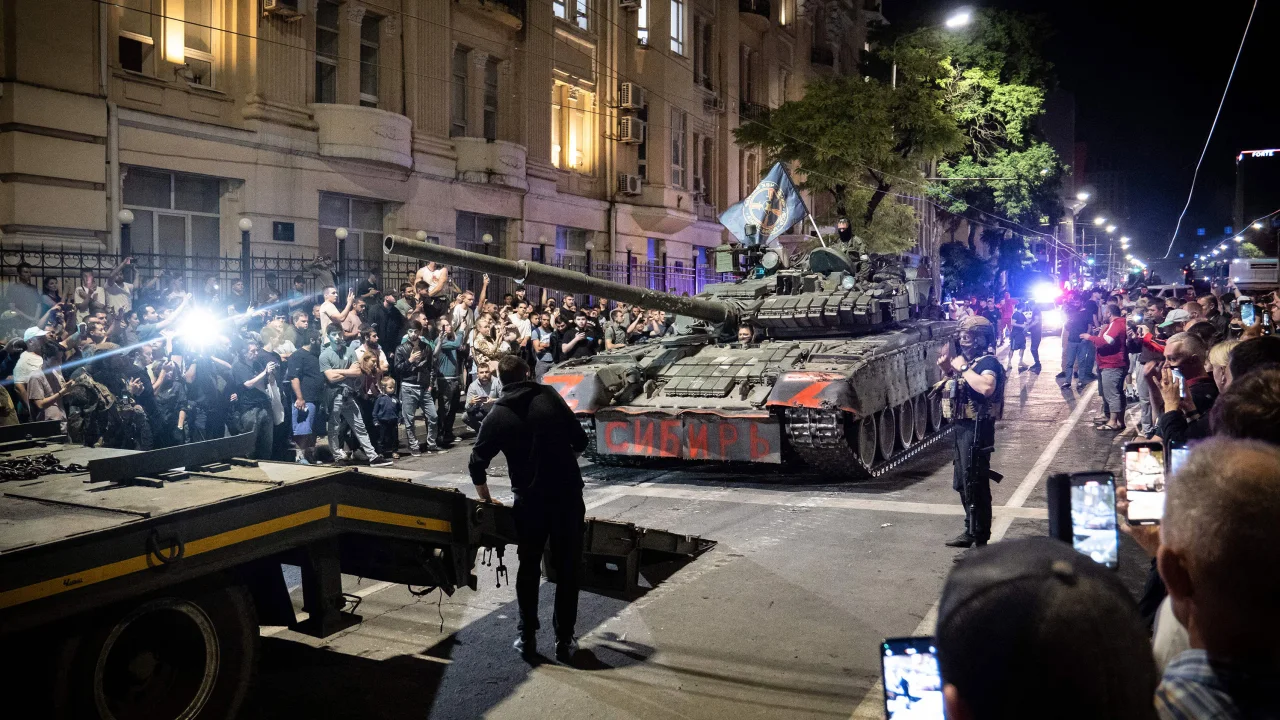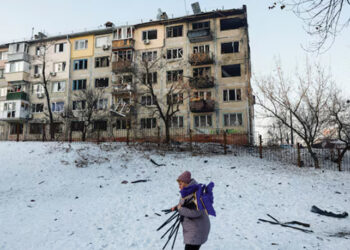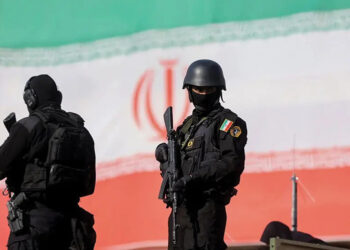Yevgeny Prigozhin, the head of the Wagner paramilitary group, agreed to leave Russia for Belarus, the Kremlin said Saturday, in a deal apparently brokered by Belarusian President Alexander Lukashenko that ended an armed insurrection, which marked the gravest threat to Russian President Vladimir Putin’s authority in decades.
In a conference call with reporters, Kremlin spokesman Dmitry Peskov said an agreement was struck with Prigozhin.
“You will ask me what will happen to Prigozhin personally?” Peskov said. “The criminal case will be dropped against him. He himself will go to Belarus.” Peskov added that the Kremlin was unaware of the mercenary’s current whereabouts.
The Wagner boss had earlier turned his troops around “toward our field camps, in accordance with the plan.” Peskov said those troops would face no “legal action” for marching to Moscow, and Wagner fighters will sign contracts with Russia’s Ministry of Defense.
The announcement defuses a crisis that began when Wagner troops took control of a key military facility in the southern Russian city of Rostov-on-Don and some fighters advanced towards the capital.

Prigozhin has been publicly critical of Russia’s military leadership and their handling of the war in Ukraine – with few consequences. He has previously accused Defense Minister Sergei Shoigu and Russia’s top general, Valery Gerasimov, of not giving his forces ammunition and was critical of their handling of the conflict, but has always defended the reasoning for the war.
On Friday, Prigozhin accused Russian forces of striking a Wagner military camp and killing “a huge amount” of his fighters – a claim Russia’s Ministry of Defense has denied and called an “informational provocation.”
Russian president addressed the nation and called Wagner’s actions “a stab in the back of our country and our people.”
Putin described events as an insurrection, which he vowed to defeat, and Moscow began to scale up its security measures.
But by Saturday evening, Prigozhin’s calculus appeared to have changed, and the mercenary said his troops, who were 200 kilometers from Moscow, were stopping their advance in order to avoid bloodshed.
Moscow has stepped back from the civil war with Wagner so far. However, much remains uncertain; experts warn that the rare uprising will still likely have consequences.
Putin must now navigate the aftermath of the most severe challenge to his authority since he came to power over 20 years ago, which appeared to have him on the back foot for a day and half.
The fate of Wagner chief Prigozhin remains murky. Putin has been quiet about the Minsk-brokered deal, which would see him sent to Belarus and his troops absorbed by the Russian military.
Neither the Kremlin nor Belarusian officials would say where he was on Sunday.
Source: CNN














